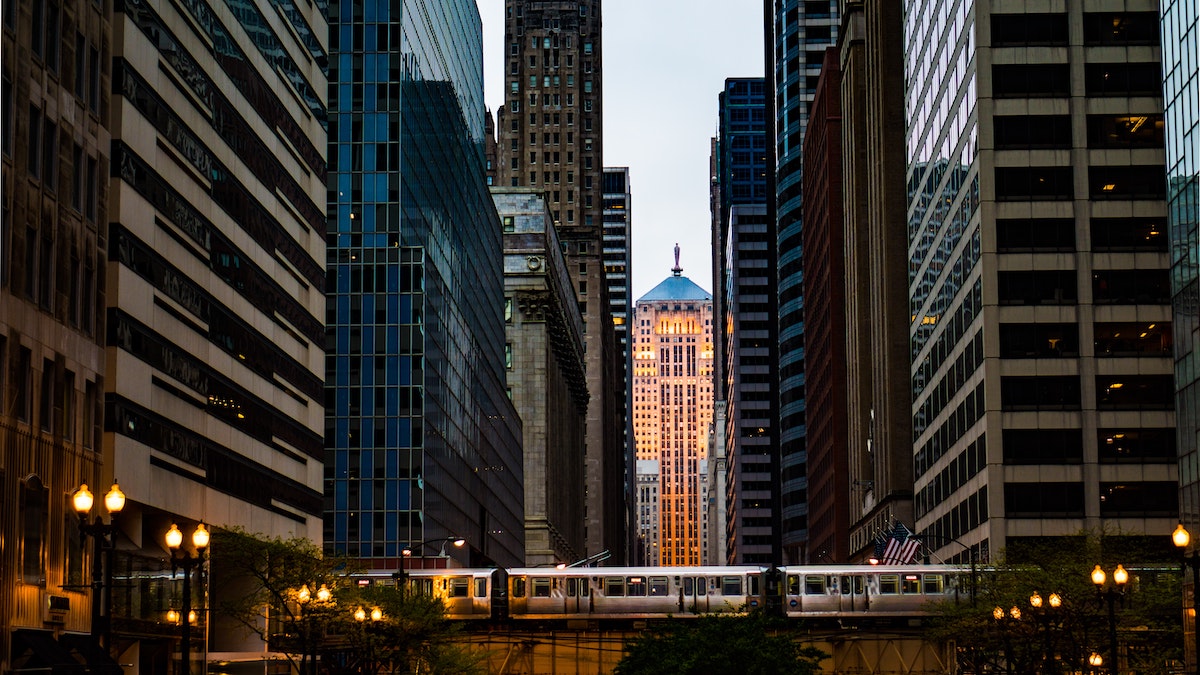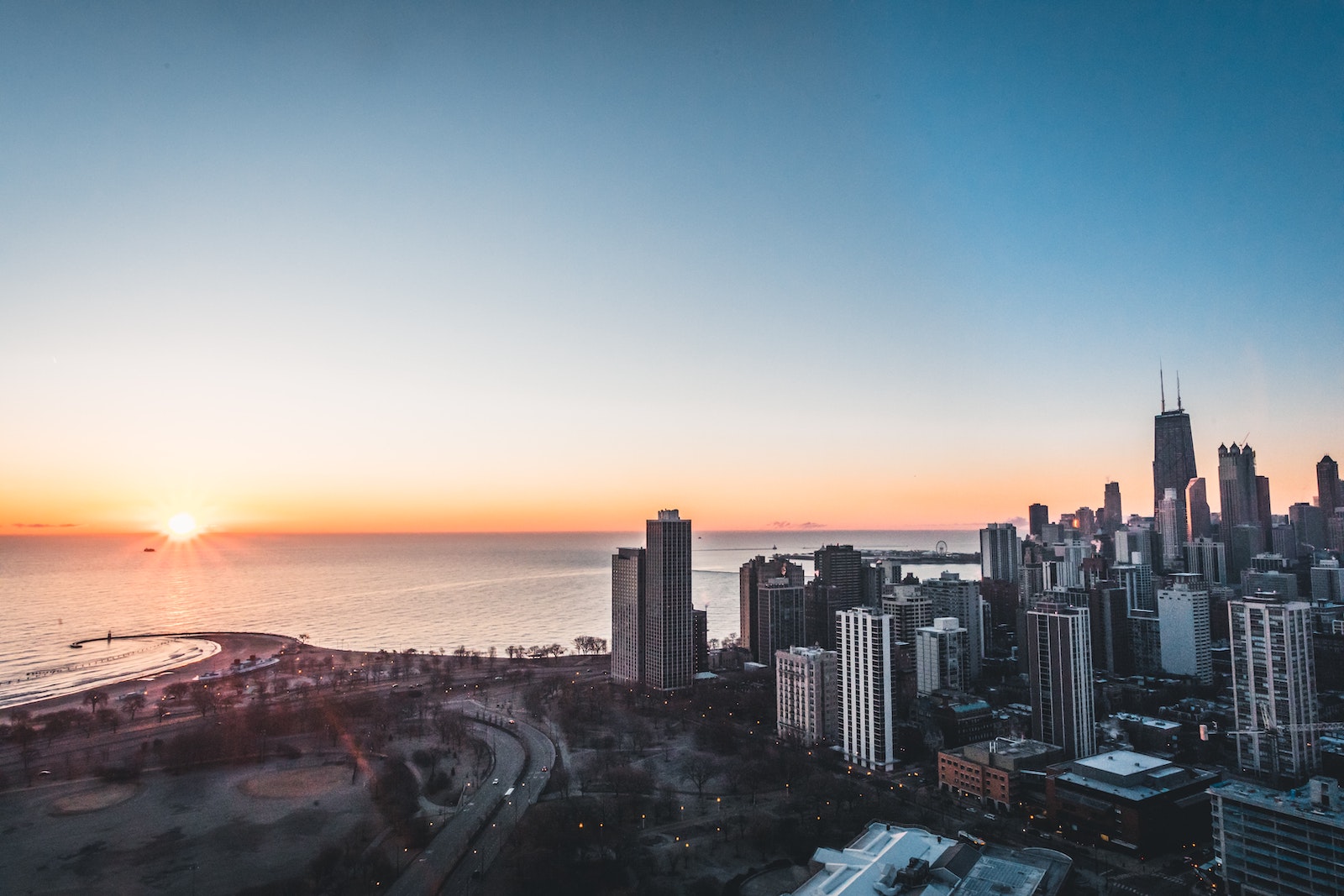They say location is everything when it comes to your home or condo search. In a large city like Chicago, this is both true and untrue: while the neighborhood or suburb you live in will certainly influence many aspects of life, Chicago’s expansive transportation systems make getting around the city easier than you’d think.
Navigating Your Chicago Commute
If you lived at 418 Church Street in Evanston, for example, your commute to the city could be via car, regional Metra train or local ‘L’ train. Perhaps city proper is more appealing and you opted for 104 W Oak Street in the Gold Coast neighborhood; in that case, you’d be able to walk to the Loop business district in about 30 minutes or take a bus.
No matter where you live in Chicagoland, your choices for transit – both for work and for play – make a surprisingly big difference in your everyday life. Read on for a complete overview on commuting in the city depending on your preferred method of transportation.
The Chicago Grid System
One of the best parts of Chicago is the grid system on which it was built: with few exceptions, the city streets run either north/south or east/west, making the city easily traversable on foot. Additionally, the lakefront path stretches almost the entire length of the city, making it an easy and beautiful option for going from north to south.
As you consider where to buy in the city, one of the biggest considerations in terms of location is walkability: having transit, grocery stores, and other essentials within walking distance is a huge plus.
Driving & Chicago Rush Hour Commute Times
If you plan to drive around the city, one of the most important considerations is parking. Some condos come with parking spots while others do not – and due to the density of population, parking can be hard to come by without a dedicated spot.
Additionally, as you navigate your commute options, consider the difference that rush hour makes in drive times. It takes around 20 minutes to drive from 1440 N Wood Street in Wicker Park to the Loop without traffic – but it might take up to 40 minutes with traffic between 7-9am and 4-7pm.
Rideshare Options
Whether you have a car or not, relying on rideshare services like Uber and Lyft is a great option if you need flexibility. While these commute options are a great way to get around without relying on public transportation, keep in mind that surge rates still apply during rush hour times – making them a pretty expensive option.
If Uber and Lyft are too expensive or unavailable, taxi cabs are often a cheaper alternative. You can use the Curb app to schedule a taxi ride, or hail one of the many cabs running through the city.
Public Transportation
The ubiquitous presence of buses and ‘L’ trains in Chicago speaks to the popularity of the city’s public transportation system. According to the Chicago Transit Authority (CTA), over one million city residents take trains and buses each day – perhaps because these options are so prevalent and cost-effective. Oftentimes, due to rush hour traffic, public transit can be faster than driving.
When planning your commute via transit, consider tools like the Citymapper and Ventra apps, which provide bus and train times, as well as recommendations for the most efficient commute routes.
If you’re commuting from the suburbs to the city, Metra regional trains are probably your fastest option. As opposed to the continuous service of ‘L’ trains, Metra trains are set on a schedule, making planning your commute as simple as checking the train times.
Biking
Boasting miles of bike lanes, Chicago is a bike-friendly city. This non-traditional option has two main advantages: efficiency and exercise. Not only are bikes immune to car traffic, but this option also allows for quality time outdoors to prepare for and decompress from the workday.
If you’re considering this mode of transportation, safety needs to be top-of-mind. In addition to wearing a helmet, plan to wear bright clothing and add lights to your bike for extra visibility.
Depending on the trip, shared Divvy bikes are a cheap option that allows you to take the scenic route – this is a great way to mix up your commute while seeing different parts of the city, like the lakefront path.
No matter how you get around Chicago, it’s likely that you’ll take advantage of many of the transportation options the city has available. As you consider buying a home or condo in Chicagoland, our LLCR agents are here to guide you through the process of finding the right space in the perfect location for you. Click the button below to learn more about the homebuying process!








